Enter a surname, town name or other keyword to search the database. Remember to
allow for the different spellings of 'Mc' and 'Mac.' Good luck!
{Search tips: Use single word search terms for more results}
You must enter some valid character(s) into the search field
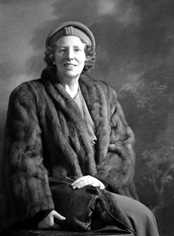
Reference: 42033e
Mrs McGrigor-Phillips a.k.a Do...
|
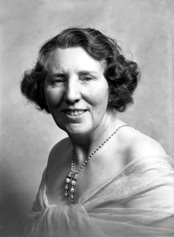
Reference: 42033d
Mrs McGrigor-Phillips a.k.a Do...
|
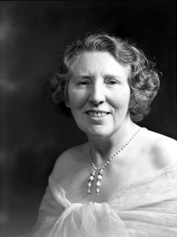
Reference: 42033c
Mrs McGrigor-Phillips a.k.a Do...
|
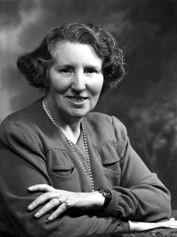
Reference: 42033b
Mrs McGrigor-Phillips a.k.a Do...
|
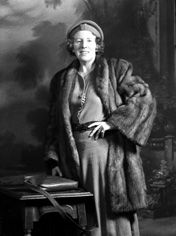
Reference: 42033a
Mrs McGrigor-Phillips a.k.a Do...
|
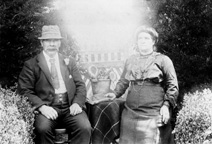
Reference: 877
Copy for Mrs Robertson, Old ...
|
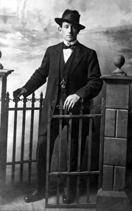
Reference: 866
Portrait. #...
|
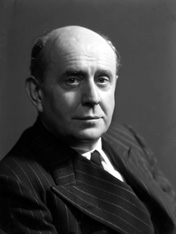
Reference: 37639
His Excellency Jan Masaryk, Vi...
|
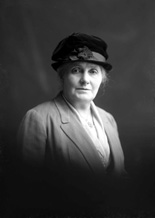
Reference: 23649a
Mrs Stewart, 2 Broadstone Park...
|
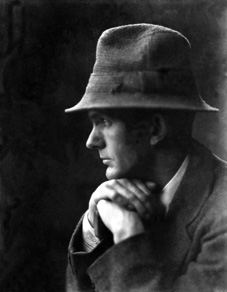
Reference: 25909a
Neil M. Gunn in June 1927. Nei...
|
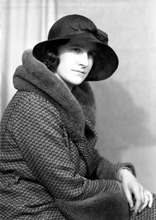
Reference: 28889a
Portrait. #...
|
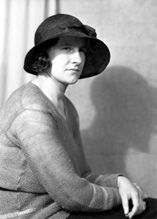
Reference: 28889b
Portrait. #...
|